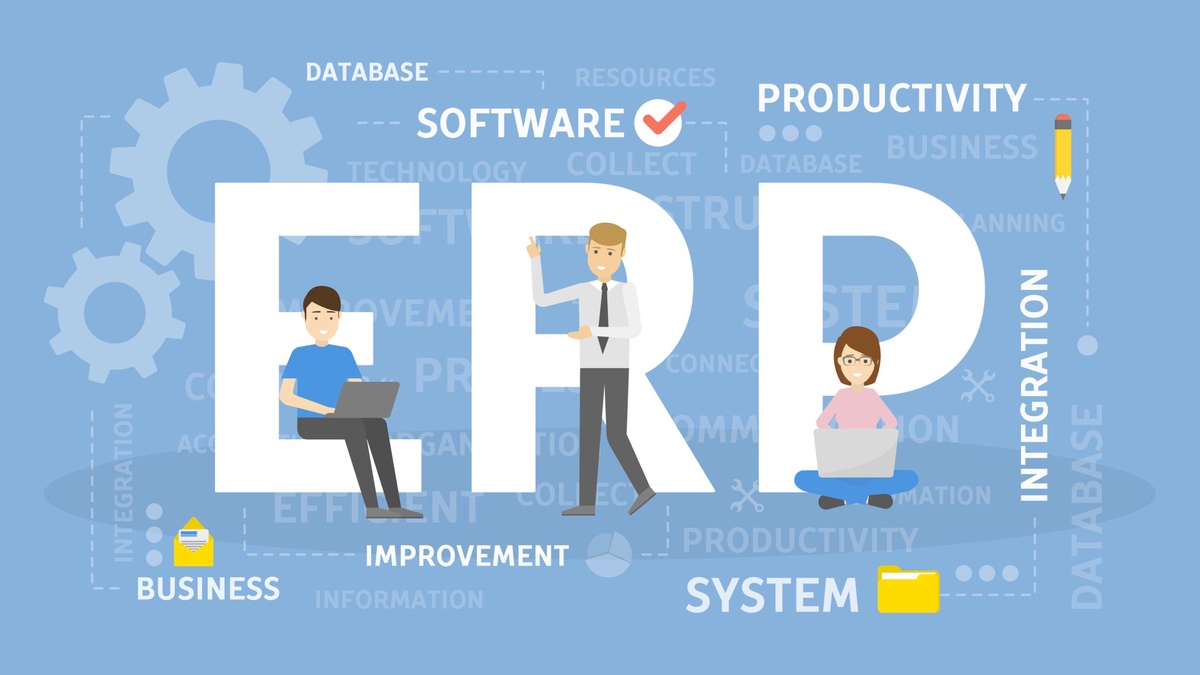In today's competitive business environment, organizations strive to maximize their sales potential to drive revenue growth and achieve business objectives. Customer Relationship Management (CRM) software has emerged as a powerful tool that helps organizations optimize their sales processes, enhance customer engagement, and improve overall sales performance. In this article, we will explore the benefits of leveraging CRM software for sales effectiveness, the key features it offers, and how organizations can unlock their sales potential with the use of CRM.
-
Streamlined Sales Pipeline Management: CRM software enables organizations to streamline their sales pipeline management, providing a clear and organized view of the entire sales process. With CRM, sales representatives can easily track leads, opportunities, and deals at various stages. This visibility allows them to prioritize their efforts, identify bottlenecks, and take proactive actions to move deals forward. By efficiently managing the sales pipeline, organizations can increase sales velocity, reduce sales cycle times, and drive revenue growth.
-
Enhanced Sales Team Collaboration: CRM software fosters effective collaboration among sales team members, promoting knowledge sharing and improving overall sales efficiency. By using a centralized CRM platform, sales representatives can access and update customer information in real-time, ensuring everyone has the latest insights. This collaboration eliminates duplicated efforts, facilitates better coordination, and enables a cohesive sales approach. With CRM, organizations can foster a team-oriented sales culture, leading to improved collaboration and increased sales effectiveness.
-
Customer Insights for Personalized Selling: CRM software provides valuable customer insights that empower sales representatives to deliver personalized selling experiences. With a CRM system in place, sales teams can access comprehensive customer profiles, including purchase history, preferences, and communication records. Armed with this information, sales representatives can tailor their sales pitches, understand customer needs, and recommend relevant products or services. Personalized selling builds trust, enhances customer satisfaction, and increases the likelihood of closing deals.
-
Sales Forecasting and Reporting: CRM software offers robust sales forecasting and reporting capabilities that enable organizations to make informed business decisions. By analyzing historical sales data and tracking current sales activities, CRM allows organizations to forecast future revenue, identify sales trends, and measure performance against targets. These insights help organizations adjust sales strategies, allocate resources effectively, and set realistic sales goals. With accurate sales forecasting, organizations can optimize their sales efforts and drive revenue growth.
-
Automation of Sales Processes: CRM software automates various sales processes, saving time and increasing sales team productivity. By automating routine tasks, such as lead management, data entry, and follow-up reminders, sales representatives can focus on high-value activities, such as building relationships and closing deals. CRM automation ensures that sales processes are consistent, reduces administrative overhead, and enables sales representatives to engage with customers more effectively. This automation improves efficiency, accelerates sales cycles, and drives revenue growth.
-
Integration with Marketing and Customer Service: CRM and ERP software integration with marketing and customer service systems creates a seamless customer journey and enhances the overall sales process. By integrating CRM with marketing automation platforms, organizations can align marketing efforts with sales initiatives, ensuring consistent messaging and targeted campaigns. Integration with customer service systems enables sales representatives to access customer support history, address potential concerns, and provide a holistic customer experience. This integration fosters a cohesive approach across departments, leading to improved customer engagement and increased sales success.
Conclusion: CRM software serves as a powerful tool for organizations seeking to unlock their sales potential and drive revenue growth. With streamlined sales pipeline management, enhanced sales team collaboration, customer insights for personalized selling, sales forecasting and reporting, automation of sales processes, and integration with marketing and customer service systems, CRM empowers organizations to optimize their sales efforts. By leveraging CRM capabilities, organizations can improve sales effectiveness, increase customer engagement, and achieve their sales objectives in a competitive market


No comments yet